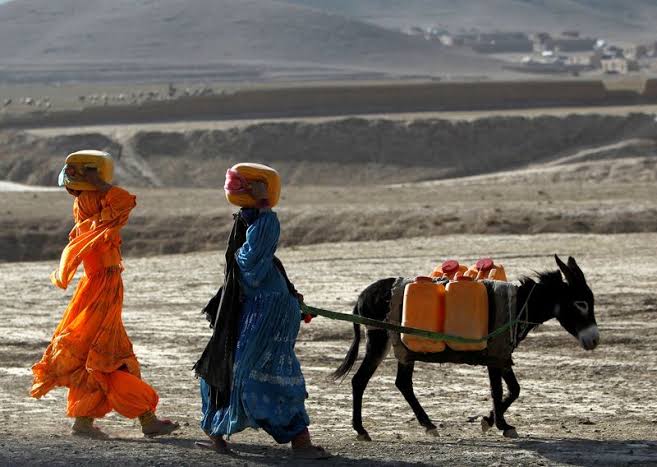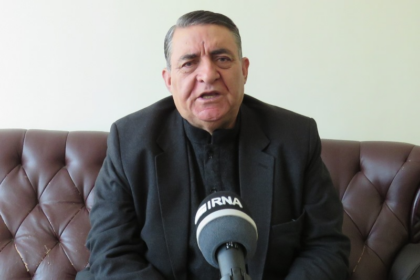RASC News Agency: Afghanistan’s decision to withdraw from the UN climate talks for the third consecutive year has raised concerns about humanitarian issues. The country, already grappling with the devastating effects of drought and floods, is considered one of the most vulnerable nations to climate change. Earlier this year, heavy rains and flash floods claimed numerous lives, exacerbating the challenges faced by its lands due to ongoing drought.
Despite Afghanistan’s urgent need for international support, its absence at the “COP 28” climate summit in Dubai is conspicuous. This absence can be attributed to the Taliban’s takeover of Kabul in 2021, leading to Afghanistan’s withdrawal from UN negotiations. Complicating matters further, the Taliban’s leadership has not been officially recognized by any foreign government, resulting in the country’s exclusion from the UN General Assembly.
Foreign officials have cited the current isolationist policies adopted by the Taliban, particularly their restrictions on women, as a key reason for Afghanistan’s exclusion. The ban on girls and women from pursuing education in schools and universities has drawn significant criticism. Despite these concerns, the continuation of the country’s exclusion from climate talks raises questions about the effectiveness of such measures and their impact on addressing the pressing climate crisis.
International and humanitarian officials have informed Reuters that efforts were made to secure the attendance of Afghanistan representatives at this year’s United Nations Climate Change Conference, which coincides with broader discussions between foreign governments and multilateral institutions on how to address the Taliban. Qiamuddin Rohullah Amin, the head of climate adaptation at Afghanistan’s National Environmental Protection Agency (NEPA), stated that attempts were made to involve Afghanistan representatives in the 28th Conference of the Parties (COP 28). However, no positive response was received from the Taliban, according to a senior UN source. The UN and other international authorities have been actively working in recent months to facilitate the participation of NEPA officials and other representatives from Afghanistan in COP 28.
In the meantime, the COP Convention office has not provided any response regarding Afghanistan’s absence from COP 28. It is worth noting that in rural areas of Afghanistan, women bear the responsibility of providing water for their families, a task that becomes even more challenging amidst the country’s struggle with drought.






